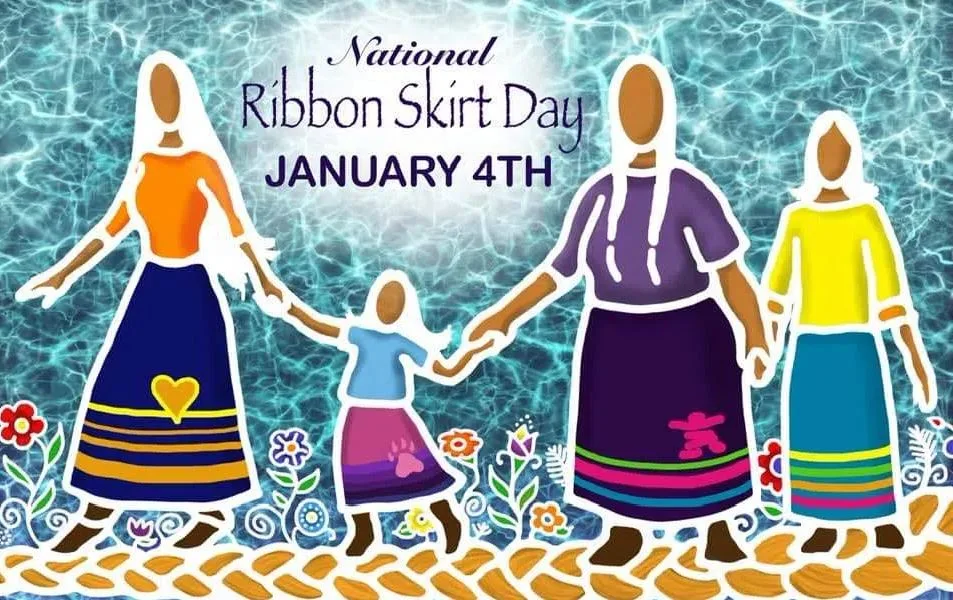Ottawa – Gary Anandasangaree, Minister of Crown-Indigenous Relations; Dan Vandal, Minister of Northern Affairs, Minister responsible for PrairiesCan and CanNor; Patty Hajdu, Minister of Indigenous Services, Minister responsible for FedNor; and Member of Parliament Jenica Atwin, Parliamentary Secretary to the Minister of Indigenous Services issued the following statement:
“Today marks the second annual National Ribbon Skirt Day. January 4th provides all people living in Canada with an opportunity to recognize and honour the history, culture, identity, and diversity of First Nations, Inuit and Métis in Canada.
National Ribbon Skirt Day was inspired by the experience of Isabella Kulak, a member of the Cote First Nation in Saskatchewan, who was shamed for wearing her handmade ribbon skirt to an elementary school formal day and told it was not “formal attire”. Isabella’s experience sparked an outpouring of support from across the country, drawing attention to the need for increased awareness and acceptance of Indigenous traditions, cultures, and ways of being. Forgiveness, respect, and understanding are important parts of the Kulak family’s way of being, and values we must all embody as we mark this powerful day.
Isabella’s story sheds light on the ongoing injustices, racism, and discrimination faced by First Nations, Inuit and Métis in Canada each day. Today, we embrace opportunities to learn more about Indigenous culture and of our collective responsibility to ensure that what happened to Isabella never happens again.
Traditionally worn by First Nations and Métis in ceremonies or at special events, ribbon skirts are representative of strength, resiliency, and womanhood. Women, girls, and gender-diverse people also wear them to express pride and confidence in their Indigenous identity and heritage. The ribbon skirt is akin to a sword and shield that provides protection to the wearer as it carries teachings and stories from generations past and present.
On this day, we encourage all Canadians to join us in our ongoing efforts through the Federal Pathway to Address Missing and Murdered Indigenous Women, Girls and 2SLGBTQQIA+ People as well as the Calls for Justice 15.2, to assist in the revitalization and strengthening of Indigenous cultures and identity. The ribbon skirt will be remembered as a symbol of the unintentional activism of a ten-year-old Anishinaabe girl, who reminded us all to question old ways of thinking and inspired us to build a better, more inclusive country, so we can walk the path of reconciliation—together.”








